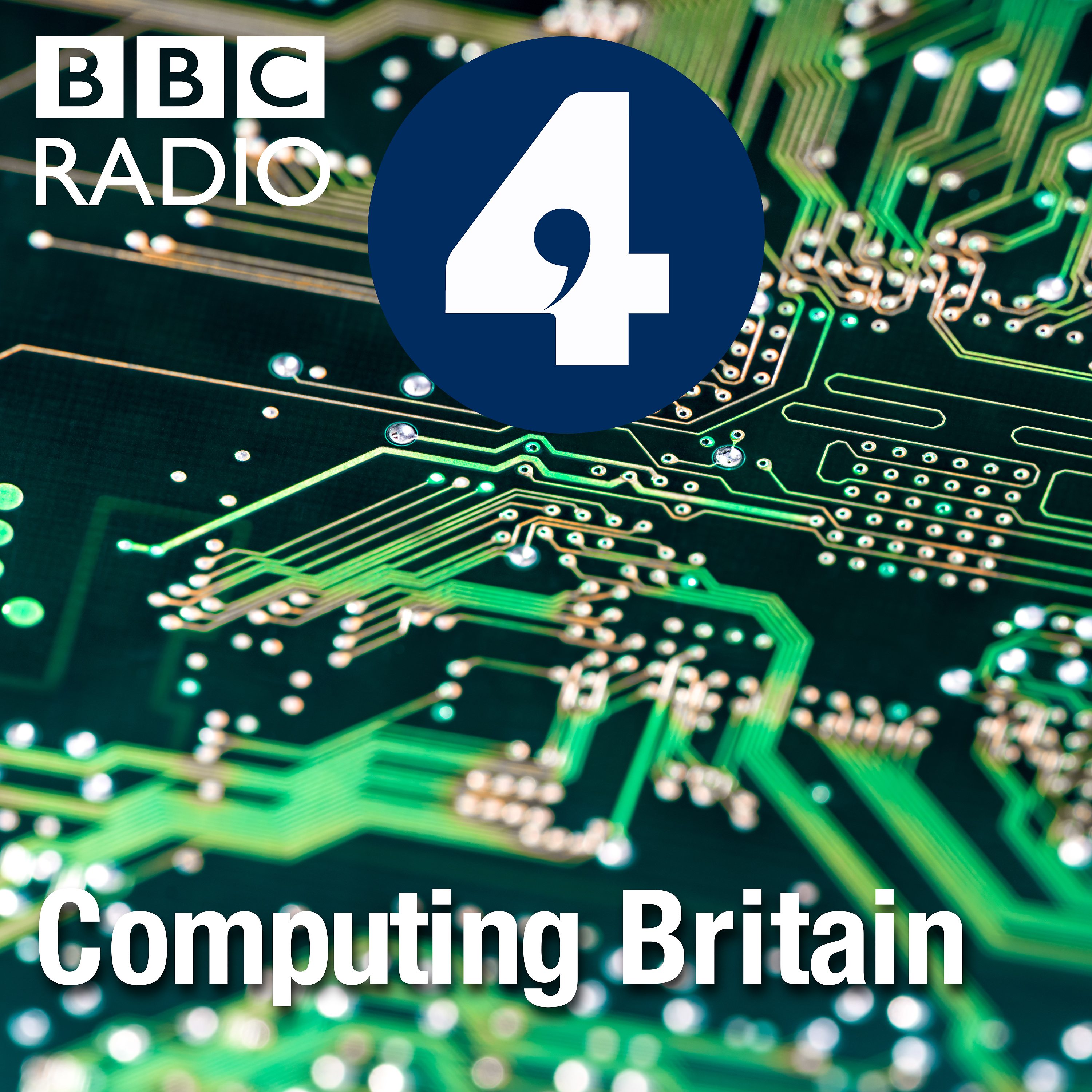Episodes
Published 11/16/15
Hannah Fry tells the story of the little known British company in Cambridge that designs and build the ARM chip, found in almost every mobile device in the world, and the impact it has had in powering the digital age.
The team at Acorn had designed the BBC Micro back in the early 1980s. In an attempt to stay ahead they decided to design a new kind of microprocessor chip, the RISC chip. They used it in the Acorn Archimedes which was the fastest computer in the world when it was released in...
Published 11/16/15
The city went crazy for dot com companies in 1999. But in March 2000, the boom suddenly turned into a bust. Hannah discovers that technology then wasn't up to the job.
Published 11/16/15
Computers in British schools and homes nurtured a generation of programmers who cut their teeth in the 1980s playing and writing video games.
Mathematician Hannah Fry talks to the Oliver Twins, who as teenagers won a games-writing competition on ITV's Saturday Show. Spurred on by their success, the twins went on to write a bestselling games series featuring a loveable egg called Dizzy.
She hears about an early publishing house in Liverpool where fast cars and marketing ploys went...
Published 11/16/15
In the 1980s, 'micro computers' invaded the home. In this episode, Hannah Fry discovers how the computer was transported from the office and the classroom right into our living room.
From eccentric electronics genius Clive Sinclair and his ZX80, to smart-suited businessman Alan Sugar and the Amstrad PC, she charts the 80s computer boom - a time when the UK had more computers per head of population than anywhere else in the world.
Presented by Hannah Fry
Produced by Michelle...
Published 11/16/15
As the manufacturing industries of the 1970s became the service sector of the 1980s, the BBC tried to help democratize the coming of the affordable microchip, to help re-equip a vulnerable workforce for a digital future.
The BBC Computer Literacy Project was aimed initially at adults, but somehow ended up putting a beige BBC Microcomputer in the corner of nearly every classroom in the land.
Presented by Hannah Fry
Produced by Alex Mansfield.
Published 11/16/15
From the earliest days of electronic computers, commentators feared that mass unemployment would result from the efficiencies of computers and automation in the workplace. These fears would resurface over the decades, but came to a head towards the end of the 1970s with the coming of relatively cheap microprocessors.
Presented by Hannah Fry
Produced by Alex Mansfield.
Published 11/16/15
Long before the heroics of the world wide web, the internet was born out of a mixture of American ambition and British thrift. Packet Switching was the name coined by Welsh computer scientist Donald Davies in an effort to link the early computers in the labs of the National Physical Laboratory in Teddington.
Presented by Hannah Fry
Produced by Alex Mansfield.
Published 11/16/15
'Savings with a thrill!'
In 1956, adverts enticed the British public with a brand new opportunity. Buy premium bonds for one pound, for the chance to win a thousand. At the time, it was a fortune - half the price of the average house.
Behind this tantalising dream was a machine called ERNIE - the Electronic Random Number Indicator Equipment.
ERNIE was built by the team who constructed Colossus, the code-breaking engine housed at Bletchley Park. They had just nine months to make a machine...
Published 11/16/15
Hannah Fry hears the incredible story of how a chain of British teashops produced the first office computer in the world.
J Lyons and Company was the UK's largest catering company, with 250 teashops across the country. They also owned their own bakeries, a tea plantation and haulage firm, as Dr Tilly Blyth from the Science Museum describes.
By the 1950s, this vast business was drowning in paperwork. Lyons embarked on an ambitious new project to build a machine called LEO - the Lyons...
Published 11/16/15
From the mobile phone to the office computer, mathematician Hannah Fry looks back at 70 years of computing history, to reveal the UK's lead role in developing the technology we use today.
In the first episode, she travels back to the 1940s, to hear the incredible story of the creation, in Britain, of the computer memory.
Three teams from across the country - in Teddington, Manchester and Cambridge - were tasked with designing automatic calculating engines for university research. But which...
Published 11/16/15


